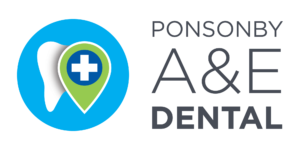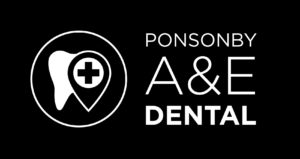
Geriatric Dentistry
Oral health is not separate from general health, but maintaining oral health has added challenges as we get older. Oral health concerns in the ageing population.
- The presence of saliva protects the oral cavity and teeth. Mouth dryness, root caries and dental caries have been attributed to reduced saliva, which is a concern in the elderly population.
- Periodontal diseases are among the most prevalent chronic condition in the elderly population with teeth.
- Health issues like arthritis may make it challenging to brush & floss. Many medications cause dry mouth as side effects which contributed to decay.
Oral hygiene is essential at every stage of life. If you have questions about your oral health or that of an elderly relative, talk to us.
Need to Know
Symptoms/Conditions
- Tooth loss, rampant caries, periodontitis, dry mouth and oral cancer.
After Appointment
- High fluoride toothpaste maybe recommended.
Related Doctors
Frequently Asked Questions
1. Our team of dental professionals can also answer questions that seniors may have about the impact of certain medications on their oral health.
2. Discuss how to maintain a good oral hygiene regime.
3. Talk about the benefits of an electric toothbrush, water or air flosser, Tooth Mousse, as it applies to you.
4. Discuss various solutions for Ill-fitting dentures.
2. Discuss how to maintain a good oral hygiene regime.
3. Talk about the benefits of an electric toothbrush, water or air flosser, Tooth Mousse, as it applies to you.
4. Discuss various solutions for Ill-fitting dentures.
Geriatrics refers to medical care for older adults, an age group that is not easy to define precisely. “Older” is preferred over "elderly," but both are equally imprecise; > 65 is the age often used, but most people do not need geriatrics expertise in their care until age 70, 75, or even 80.
Advise your loved one that they should brush their teeth with a toothpaste containing fluoride at least twice a day to help prevent gum disease and tooth decay. Elderly people should use a soft to medium toothbrush. You may have to remind them to replace it when it gets out of shape.
As the body ages, it becomes prone to medical conditions. Ageing cannot be prevented, but we can learn how to deal with arising conditions for great health of our loved ones. Most health concerns for the elderly are memory loss, dementia and Alzheimer's disease which impacts the daily oral hygiene practice and hence the quality of life.


